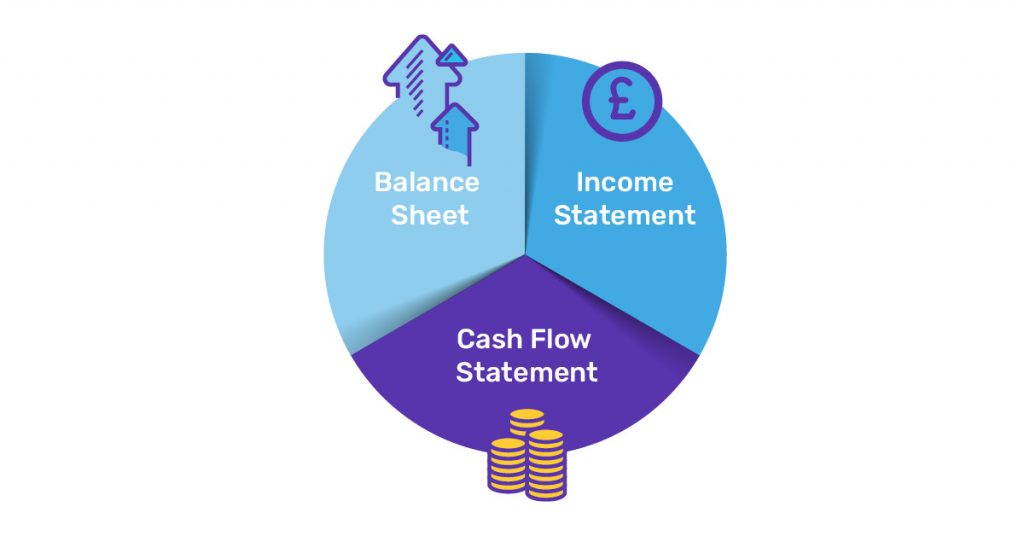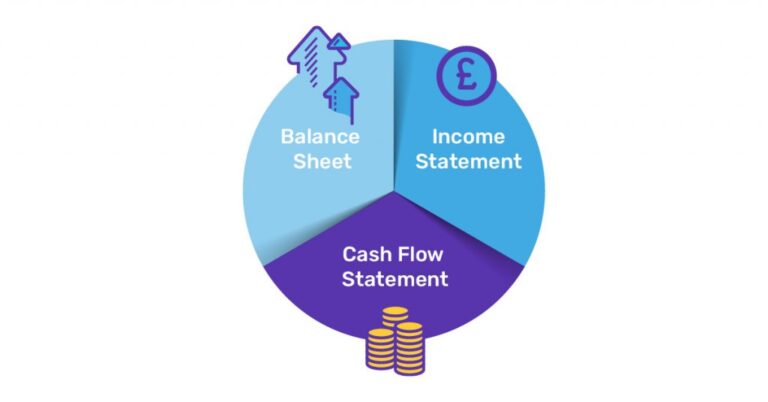Crafting a Personal Brand for Fundraising Success

Fundraising can be an intimidating task, especially when you consider the multitude of factors involved. To capture the interest of potential investors, it’s crucial to present a strong pitch, communicate effectively, show measurable progress, and establish a clear distinction from your competitors. Achieving this is no small feat, but a well-established personal brand can significantly enhance your chances of success.
From my experience, personal branding plays a pivotal role in overcoming the numerous fundraising challenges. Investors don’t just back a business—they back the individual behind it. Thus, having a compelling personal brand can give you a competitive edge that others lack.
But before diving in, let’s break down what a personal brand entails for startup founders.
Your brand is more than just a résumé or a simple list of achievements. It encompasses the values you embody, the experiences you’ve gathered, and the expertise you’ve honed. In short, it’s how the business world perceives you. The goal isn’t self-promotion but showcasing your abilities to be recognised as a leader in your industry.
So, what makes you stand out? That’s the essence of your brand.
Developing this kind of brand takes time, introspection, and dedication. Yet, the return on investment can be immense for fundraising and countless other areas of your career. Let’s explore how you can build and leverage your brand for fundraising success.
The Role of Personal Branding in Fundraising
Why does personal branding matter so much when it comes to raising funds? A well-developed personal brand offers three significant benefits that can significantly enhance your fundraising efforts:
- Expanding Your Network: A solid personal brand draws attention, helping you connect with influential people who can open doors to opportunities.
- Establishing Expertise: Your brand is a platform to demonstrate your knowledge and skills, positioning you as an authority in your field.
- Gaining Visibility: A well-crafted personal brand increases your visibility, making it easier for investors to find and connect with you.
These elements are crucial when embarking on a fundraising campaign. The more people know and trust you, the more likely your efforts will succeed. Around 75% of organisations agree that a powerful brand identity enhances recurring funding opportunities.
Building Investor Trust Through Personal Branding

One of the most essential aspects of fundraising is building trust with investors. While factors like a founder’s mission or product innovation have historically been top priorities, recent research suggests that an investor’s decision to invest now hinges primarily on the founder’s trustworthiness and expertise.
Investors are likelier to put their money behind a founder they believe in—someone who has demonstrated integrity, capability, and a track record of success. This is where your brand can make all the difference.
How a Personal Brand Establishes Trust
A personal brand boosts credibility. By sharing your expertise, demonstrating your skills, and showcasing your industry knowledge, you’re effectively proving to investors that you have what it takes to lead a startup to success. Your brand gives you a platform to demonstrate that your investment is safe.
Steps to Build a Strong Personal Brand for Fundraising
Now that we’ve established why personal branding is vital, the question becomes: How do you create a personal brand that helps you succeed in fundraising?
While the process may seem daunting, the following steps will help you lay the foundation for a personal brand that will resonate with investors:
1. Identify Your Unique Value Proposition

Start by asking yourself key questions that will help you define what sets you apart:
- What makes you different from the competition?
- How do you want to be perceived by investors?
- What problem inspired you to start your company, and how are you solving it?
- How will you and your startup make an impact on the market?
Answering these questions will help you shape a compelling story that investors can support. Your unique value proposition will distinguish you from other startups vying for investment.
2. Create a Brand Message that Aligns with Your Goals

Once you’ve identified your value proposition, it’s time to refine your messaging. What exactly do you want to communicate to potential investors? To answer this, research the types of investors most likely to be interested in your startup.
Identify investors who have previously backed similar ventures, talk to other founders about their experiences, and use tools like Pitchbook or Crunchbase to gather insights. With this information, craft an elevator pitch that clearly outlines your value proposition and has a solid call to action, prompting investors to take notice.
3. Deliver Your Brand Message Consistently

Consistency is vital when it comes to personal branding. Once you’ve defined your message, ensure it’s consistently conveyed across all platforms and channels—your website, social media profiles, and investor communications should all align visually and tonally. Any inconsistencies can harm your credibility and make your mission appear unclear.
Research shows that consistent brand messaging across platforms can lead to a 23% increase in revenue, highlighting just how much of an impact consistency can have, even in fundraising.
4. Leverage Social Media for Maximum Reach

If you’re not already using social media to build your brand, now is the time to start. With over 4.9 billion users globally, social media is a powerful tool for creating visibility and engaging with your target audience.
A solid social media presence helps build trust, increase visibility, and position you as a leader in your field. Consider this: if two founders seek funding, the one with a large, engaged following will likely be seen as a more credible leader. A well-established social media presence can make all the difference in securing investment.
Maintaining and Evolving Your Brand
Your brand is more than just a one-and-done effort. It requires ongoing nurturing and adaptation. Much like a financial investment, the more you put into it over time, the higher your return will be.
Stay Authentic and True to Your Brand

To build authenticity, stick to the values and personality that shaped your brand. Authenticity breeds trust, and trust is essential to long-term success. Ensure you remain transparent, consistent in your messaging, and responsive to your audience’s needs.
Adapt to Changing Goals
Fundraising goals evolve, and so should your brand. Staying static will only hinder your progress. Instead, be willing to adapt your messaging, explore new channels, and pivot when necessary to stay aligned with investor expectations and market changes.
How Personal Branding Impacts Fundraising
A well-developed personal brand can influence fundraising in numerous ways:
- Building Credibility: A founder with a reputable brand garners trust from investors.
- Expanding Networks: A personal brand helps build connections with key players.
- Thought Leadership: Demonstrating expertise makes investors more inclined to back your startup.
- Visibility: Media appearances and a solid online presence can raise awareness and credibility.
- Track Record: An established personal brand highlights your past successes, boosting investor confidence.
In Conclusion
A strong personal brand is a critical asset in any fundraising effort, complementing a solid business model, innovative products, and a capable team. By focusing on building your brand, you can enhance your credibility, establish trust with investors, and increase the visibility of your startup.
As you embark on your fundraising journey, remember to follow these steps to build a personal brand that resonates with your goals and aligns with investor expectations. It could be the key to unlocking the capital you need to propel your startup forward.












